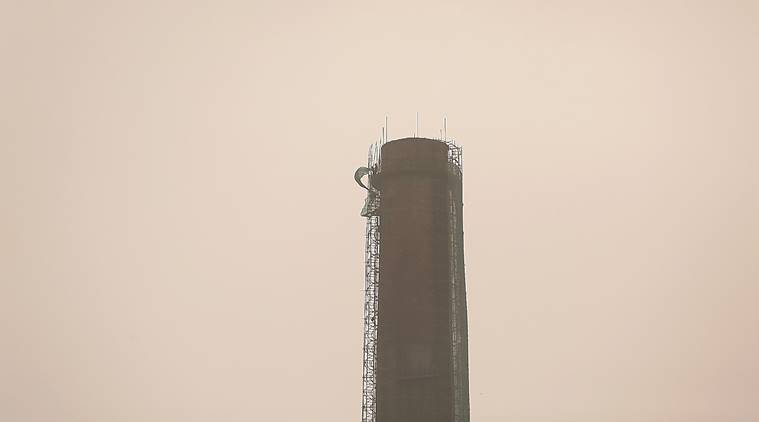
An eco park of over 850 acres, reportedly being developed on the fly ash disposal site of a former thermal power station in Badarpur, will be completed in three phases, with work on first phase scheduled to finish in 2021, the Delhi Development Authority has told The Sunday Express.
A meeting was held Thursday between the DDA vice-chairman Tarun Kapoor and the National Thermal Power Corporation (NTPC), the authority supposed to build the park, to discuss the project’s progress.
“I was told the park will be developed in three phases. The first phase will cover 300 acres, where there will be a lot of greenery with grass and trees. Work is in progress, and it should be developed by 2021,” Kapoor told The Sunday Express.
The Badarpur Thermal Power Station was blamed for contributing to 11 per cent of the PM (particulate matter) 2.5 levels in Delhi’s air, and was also said to be one of the most polluting power plants in the country, as per a Centre for Science and Environment report. It was shut down in 2017.
As per reports, the eco park being developed at the power station’s site will include water reservoirs, cycling and jogging tracks, and a vast green cover.
Concerns were raised about the project after a Yamuna conservation group wrote to Delhi Chief Minister Arvind Kejriwal and Lt Governor Anil Baijal Wednesday. In an email, Yamuna Jiye Abhiyaan convenor Manoj Misra said the group welcomed the plan, but had “serious issues” with its location.
“The size of the dump and its continuous filling with fly ash would have already contaminated the entire sub-surface area, reaching right upto the Yamuna, which is at a lower elevation,” the email read. The group made a number of demands, including making public a report on the condition of water in and around the site and steps taken by NTPC to detoxify the area before work commenced.
Misra said, “Huge amounts of fly ash continue to lie on the site, which affects the health of people living nearby. We are not against the rehabilitation of the site. The NTPC should make more such efforts, because use of coal is slowly phasing out, and this should be seen as an opportunity to understand these sites.”
C R Babu, the head of Centre for Environmental Management of Degraded Ecosystems and member of a National Green Tribunal (NGT) committee overseeing the project, said the fly ash on the site would be capped with a thick layer of soil to help the grass and trees grow.
He said work on the park was at an initial stage, adding, “The quality of groundwater will be studied to determine heavy metal contamination from the fly ash dump. If there is contamination, we need to take measures to prevent it from spreading.”